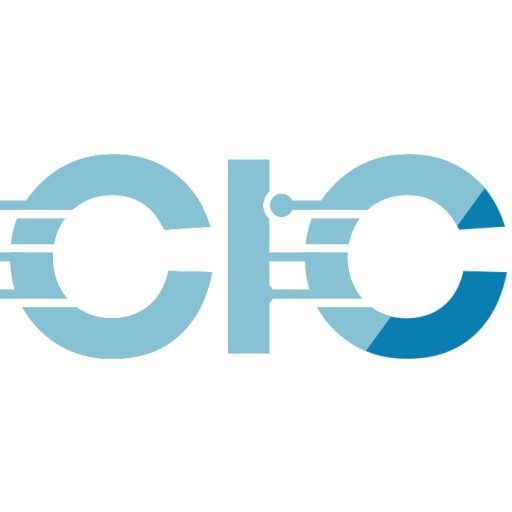In September 2021, Nissan Motor Co., Ltd. and Waseda University in Tokyo announced the commencement of testing a jointly developed recycling process aimed at efficiently recovering high-purity rare-earth elements (REEs) from electric vehicle (EV) motor magnets. (electrek.co)
The Recycling Process
The innovative process involves several key steps:
-
Heating and Melting: A carburizing material and pig iron are added to the motor, which is then heated to at least 1,400°C (2,552°F) to initiate melting.
-
Oxidation: Iron oxide is introduced to oxidize the REEs present in the molten mixture.
-
Flux Addition: A small amount of borate-based flux is added, which efficiently dissolves rare-earth oxides even at low temperatures.
-
Separation: The molten mixture separates into two layers:
- The upper layer, known as slag, contains the REEs.
- The lower layer is a higher-density iron-carbon alloy.
- Recovery: The REEs are then recovered from the slag.
This method has demonstrated the ability to recover 98% of the REEs from a motor, significantly improving efficiency compared to traditional methods that require disassembly and demagnetization. (electrek.co)
Environmental and Economic Implications
The recycling process addresses several critical issues:
-
Resource Conservation: By efficiently recovering rare-earth elements, the process reduces the need for mining, thereby conserving natural resources and mitigating environmental impacts associated with mining activities.
-
Cost Reduction: The new method is approximately 50% more efficient than current recycling processes, potentially halving the recycling costs. (mining.com)
- Supply Chain Stability: Reducing dependence on newly extracted rare-earth elements helps stabilize supply chains and mitigate price fluctuations, benefiting both manufacturers and consumers.
Future Prospects
Nissan and Waseda University aim to implement this recycling process commercially by the mid-2020s. The successful application of this technology could set a precedent for sustainable practices in the EV industry, promoting a more circular economy and contributing to global efforts toward environmental conservation.
By advancing this recycling technology, Nissan and Waseda University are not only enhancing the sustainability of EV manufacturing but also paving the way for more efficient and environmentally friendly practices in the automotive sector.


